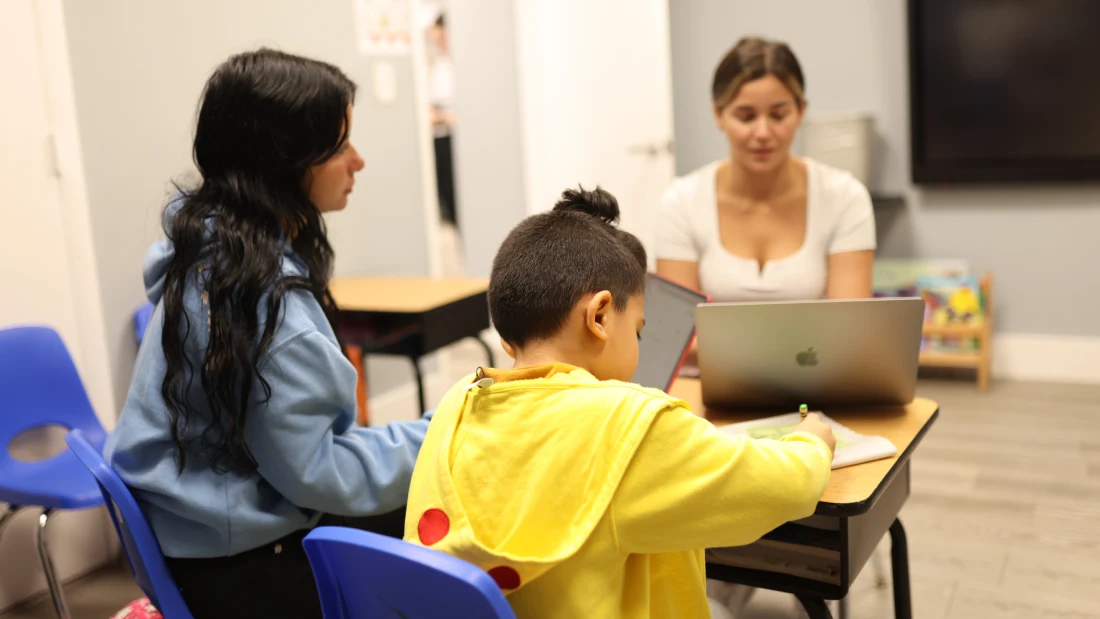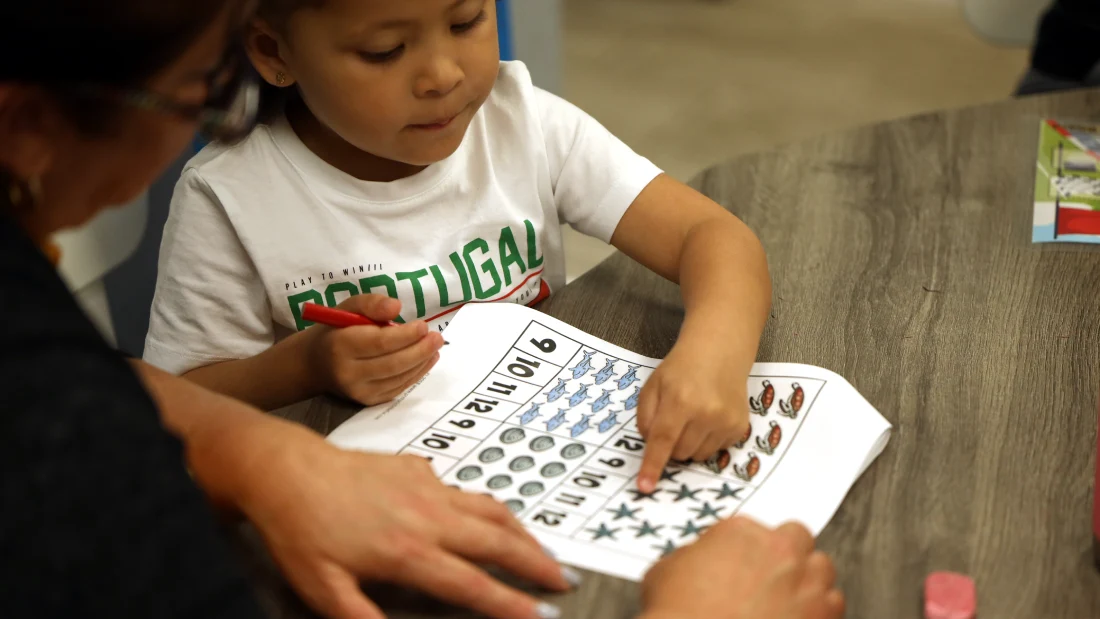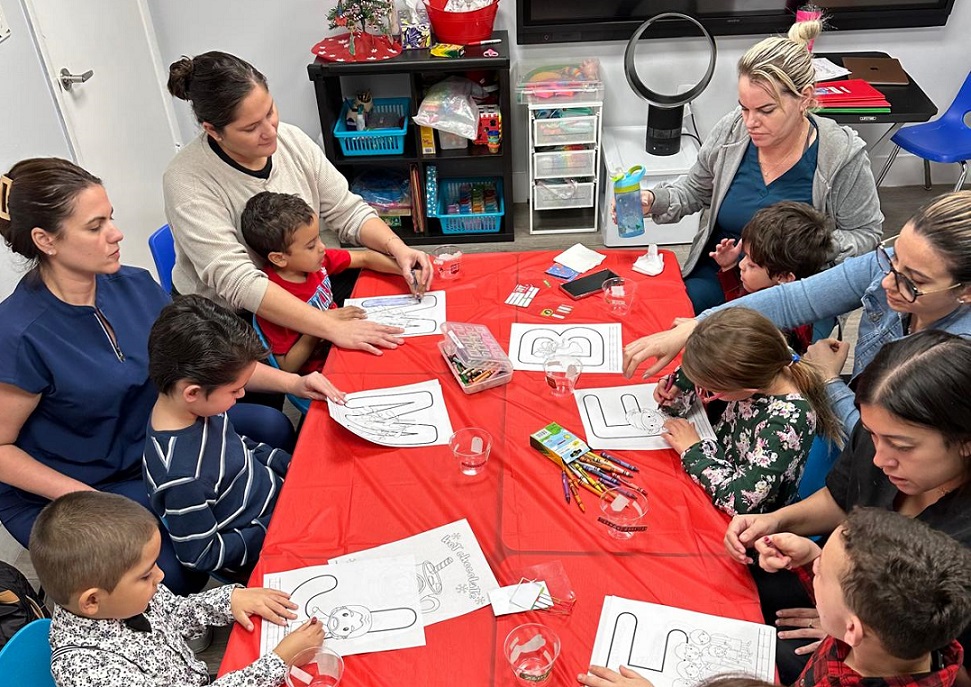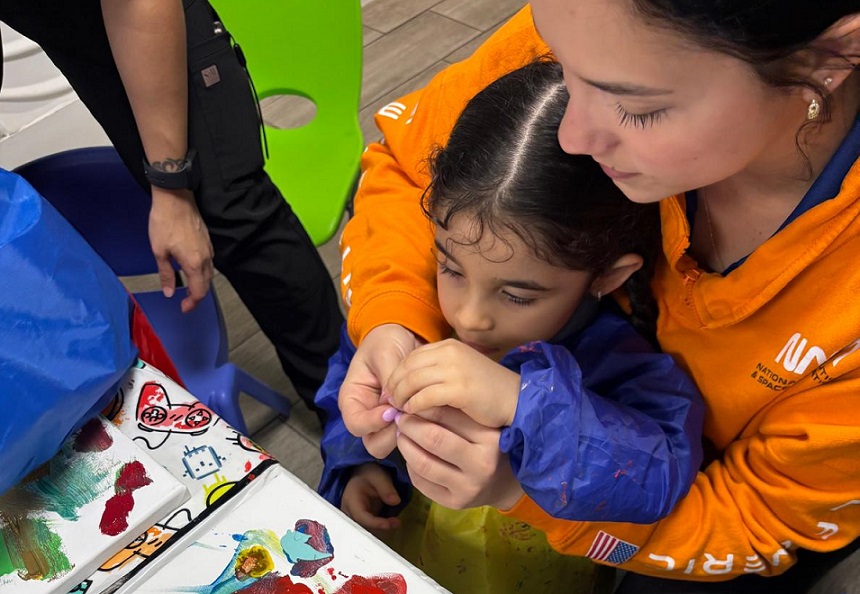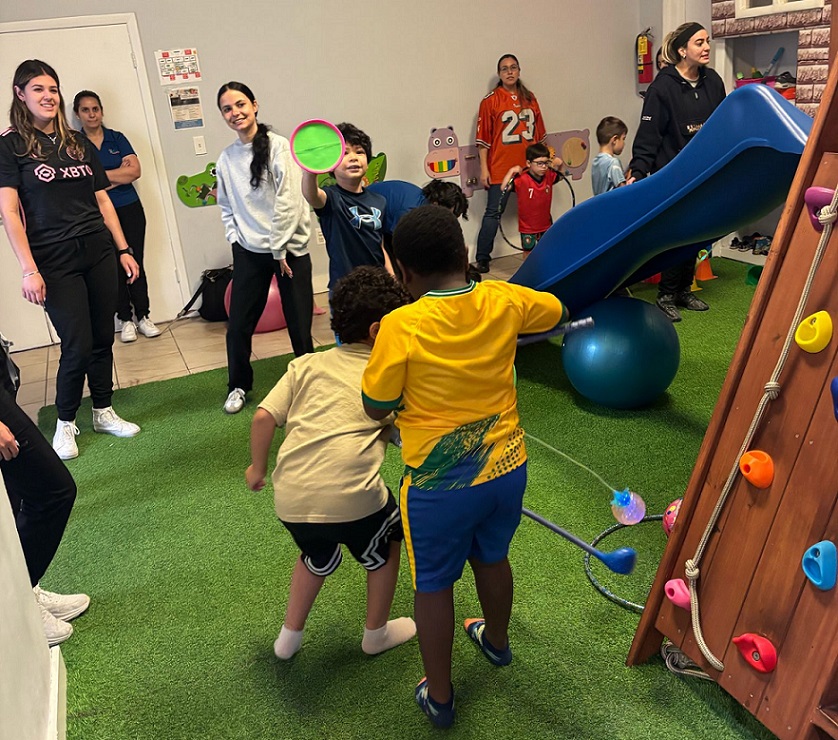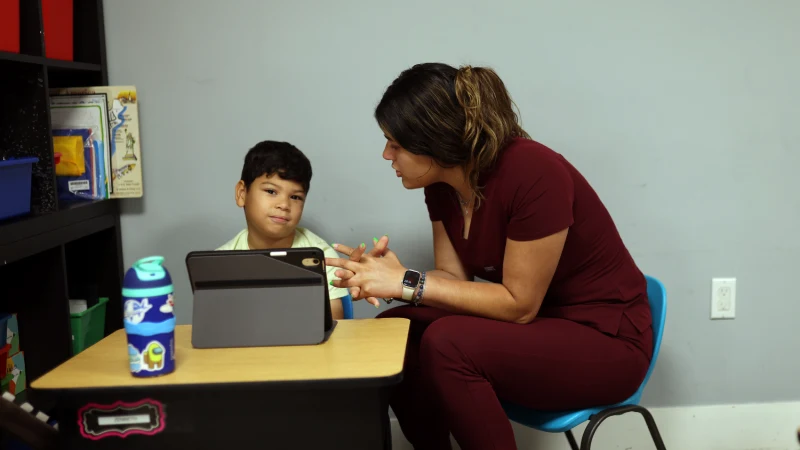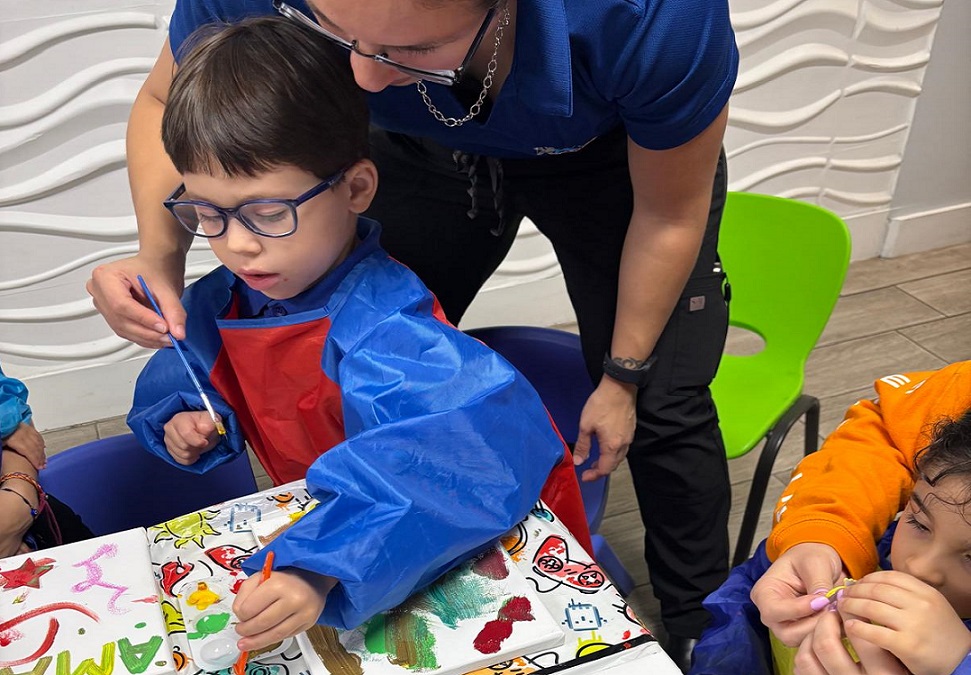Every parent anticipates developmental milestones, from first words to first steps. But what if your child’s development seems different? You might notice your child avoiding eye contact, struggling with speech, or exhibiting repetitive behaviors. These signs might indicate autism spectrum disorder (ASD), and an autism assessment is the first step to undertaking the way to solutions.
So, how do you navigate this process? This blog post will guide you through each step, unraveling what might feel like a complex maze and transforming it into a clear path forward for your child.
What Is an Autism Assessment?
An autism assessment, also known as an autism evaluation, is a comprehensive process used to determine if a child meets the diagnostic criteria for autism spectrum disorder (ASD). Unlike a medical condition diagnosed with a simple blood test, ASD diagnosis requires a thorough examination of your child’s developmental history and behavioral patterns.
This is typically performed by a team of professionals, including:
- Developmental Pediatricians: Experts in child development who assess physical and behavioral health.
- Child Psychologists or Psychiatrists: Specialists who evaluate cognitive, emotional, and behavioral patterns.
- Speech and Language Therapists: Professionals who assess language development and communication skills.
- Occupational Therapists: Experts in sensory and motor skills evaluation.
What includes an Autism Evaluation?
The process usually begins with an initial consultation where the specialist gathers information about the individual’s developmental history, medical background, and any concerns or observations from parents, teachers, or caregivers.
1. Medical History Review
A detailed review of the individual’s medical history, including prenatal, birth, and developmental milestones, is conducted. You’ll discuss your child’s developmental history, including milestones, communication abilities, social interactions, and behavior patterns. Be prepared for questions such as:
- When did your child start talking?
- Do they make eye contact?
- How do they handle changes in routine?
2. Physical Examination
A thorough physical examination is performed to check for any underlying medical conditions that might be contributing to the symptoms.
3. Developmental Assessment

This component evaluates the individual’s developmental milestones across various domains, such as motor skills, language acquisition, social skills, and cognitive abilities. Standardized tests and questionnaires may be used to gather this information1.
4. Behavioral Observation
The specialist will interact with your child or observe them in various settings, such as playing with toys, completing tasks, or engaging in social interactions. These observations help assess communication, social skills, and repetitive behaviors.
5. Diagnostic Tools and Criteria
The assessment team uses diagnostic tools and criteria, such as the DSM-5 (Diagnostic and Statistical Manual of Mental Disorders, 5th Edition), to determine if a child meets the criteria for an ASD diagnosis. Your child may undergo developmental or cognitive tests, such as:
- ADOS-2 (Autism Diagnostic Observation Schedule): A play-based social and communication skills assessment.
- Cognitive assessments: WISC-V (Wechsler Intelligence Scale for Children), Stanford-Binet Intelligence Scale
- Language assessments: CELF-5 (Clinical Evaluation of Language Fundamentals), PLS-5 (Preschool Language Scales)
These assessments help professionals gather information about your child’s strengths and challenges in various areas, which aids in making an accurate diagnosis.
6. Autism Assessment Report
Once the assessment is complete, a detailed report is generated summarizing the findings, diagnosis (if applicable), and recommendations for interventions and support.
How to Get an Autism Assessment in Florida?
If you’re in South Florida and suspect your child might have ASD, here’s how to start the evaluation process:
- Speak to Your Child’s Pediatrician
- Your child’s pediatrician is often the first step. Share your concerns and observations. They may perform preliminary screenings and, if needed, refer you to a specialist.
- Contact Specialized Centers
- South Florida has several reputable autism evaluation centers, such as ABA Centers, that can assess your child for signs and symptoms of autism.
- Koala ABA and Learning Center: Located at 2898 NW 79th Ave, Doral, FL 33122, this well-regarded center offers comprehensive assessments and personalized support for children with developmental concerns.
- Verify Insurance Coverage
- Contact your insurance provider to confirm what’s covered, as autism evaluations can be costly. Many centers, including Koala ABA, can assist with navigating insurance.
- Schedule the Assessment
- After securing a referral, schedule an appointment with the center of your choice. Some clinics have waitlists, so plan accordingly.
- Prepare for the Appointment
- Gather any relevant medical and developmental records, as these will be essential for the evaluation process.
Benefits of Autism Diagnosis: Follow-Up and Support
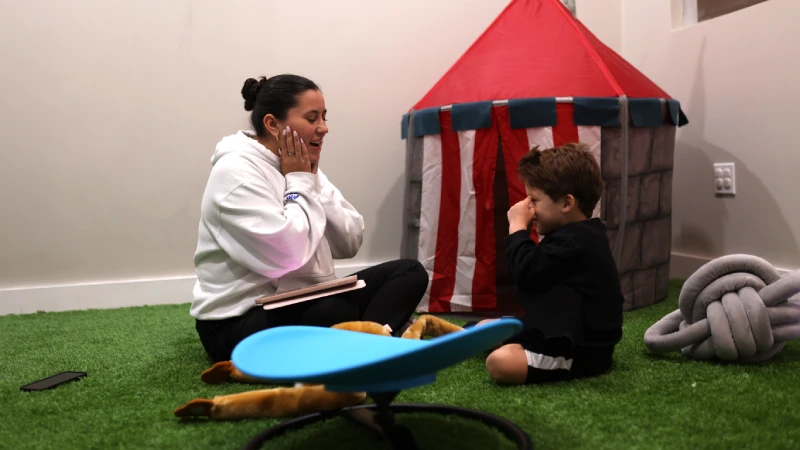
A diagnosis provides crucial clarity, enabling access to appropriate support services and resources, and facilitating the development of a personalized plan for the individual and their family.
Educational Determination
A formal diagnosis can help your child qualify for special education services under the Individuals with Disabilities Education Act (IDEA). In Florida, a multidisciplinary evaluation team will review the diagnosis and create an Individualized Education Plan (IEP) tailored to your child’s needs:
- Smaller class sizes for focused attention.
- Speech or occupational therapy sessions integrated into their school schedule.
- Modified teaching methods or materials to suit their learning style.
IEPs are not static; they are reviewed and updated regularly to reflect your child’s growth and changing needs, ensuring they continue to receive the best possible support.
Early Intervention
The benefits of early intervention cannot be overstated. Programs like speech therapy, occupational therapy, and Applied Behavior Analysis (ABA) can improve communication, social skills, and overall quality of life.
Early educational support is transformative. Schools with dedicated special education programs often collaborate with therapists and specialists to provide comprehensive support within the academic setting.
Autism Support Institutions and Helps in Florida
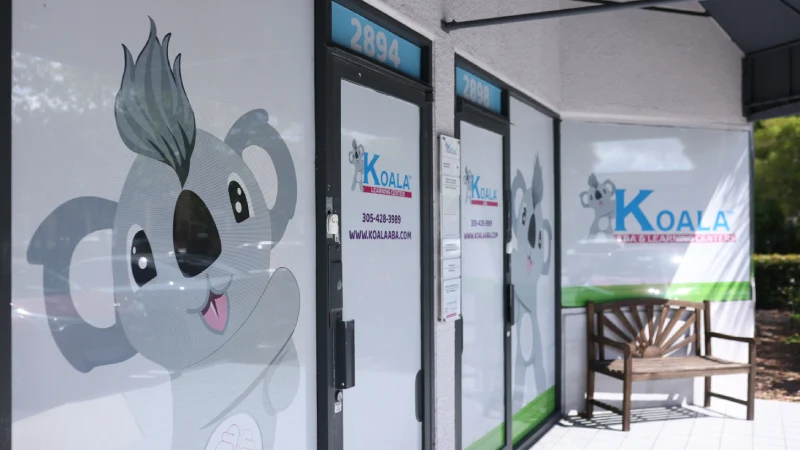
Caring for an autistic child requires a strong support network. Fortunately, Florida offers several resources:
1. State and Federal Assistance
Programs like Medicaid waivers and Supplemental Security Income (SSI) provide financial aid for families. Contact Florida’s Agency for Persons with Disabilities (APD) for more information.
2. Support Groups and Nonprofits
Organizations like Autism Speaks and the Florida Autism Center provide resources, support groups, and advocacy for families.
3. Local Centers and Services
In addition to Koala ABA and Learning Center, South Florida boasts several institutions specializing in autism support, offering everything from therapy to community events.
The Role of Autism Care Centers
An autism evaluation might feel like a daunting process, but it is a transformative step in understanding and supporting your child’s needs. Whether it’s accessing tailored therapies, securing special education services, or simply gaining clarity, a diagnosis opens doors to invaluable resources and opportunities.
Autism care centers, like Koala ABA and Learning Center, play a pivotal role in the lives of children with autism and their families. These centers specialize in therapies and programs that focus on helping children develop crucial skills, from communication to self-care, in a safe and supportive environment.
Reach out today to start your journey toward understanding and empowering your child.
